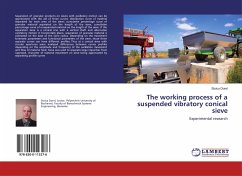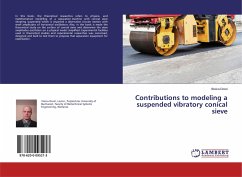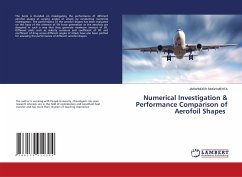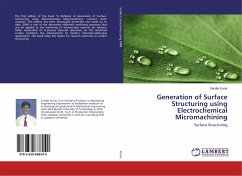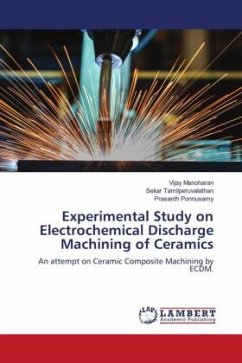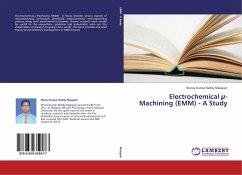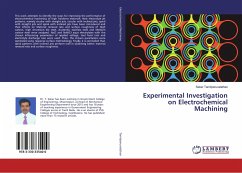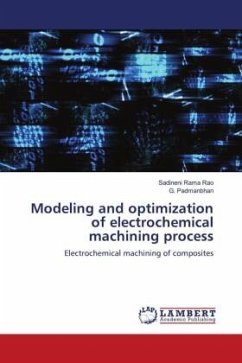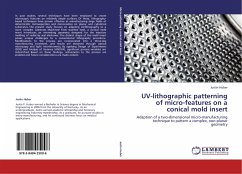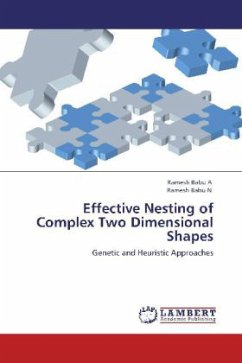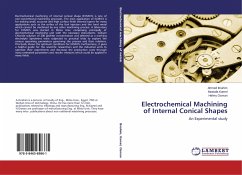
Electrochemical Machining of Internal Conical Shapes
An Experimental study
Versandkostenfrei!
Versandfertig in 6-10 Tagen
36,99 €
inkl. MwSt.

PAYBACK Punkte
18 °P sammeln!
Electrochemical machining of internal conical shape (ECMICS) is one of non-conventional machining processes. The main application of ECMICS is for making small, accurate and high surface finish internal tapers for many applications such as the orifice of the fuel injectors and the hard metal which cannot be machined by any other machining process. A laboratory for ECMICS was started in Minia Univ. comprising principally of electrochemical machining unit with the necessary instruments. Sodium Chloride solution of 200 gm/liter concentration was selected as a working electrolyte Specimens were su...
Electrochemical machining of internal conical shape (ECMICS) is one of non-conventional machining processes. The main application of ECMICS is for making small, accurate and high surface finish internal tapers for many applications such as the orifice of the fuel injectors and the hard metal which cannot be machined by any other machining process. A laboratory for ECMICS was started in Minia Univ. comprising principally of electrochemical machining unit with the necessary instruments. Sodium Chloride solution of 200 gm/liter concentration was selected as a working electrolyte Specimens were subjected to practical trials to explore the various operating parameters governing the process and their relations. This book shows the optimum conditions for ECMICS. Furthermore, it gives a helpful guide for the scientific researchers and the industrial units to optimize their experiments and decrease the production costs through many estimated-parameters and results- relations which could be applied in many fields.





